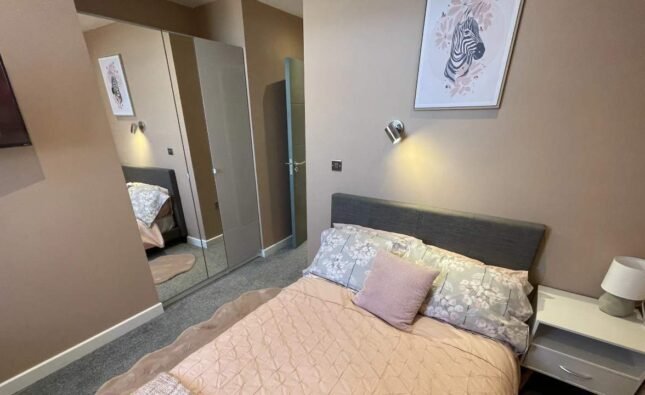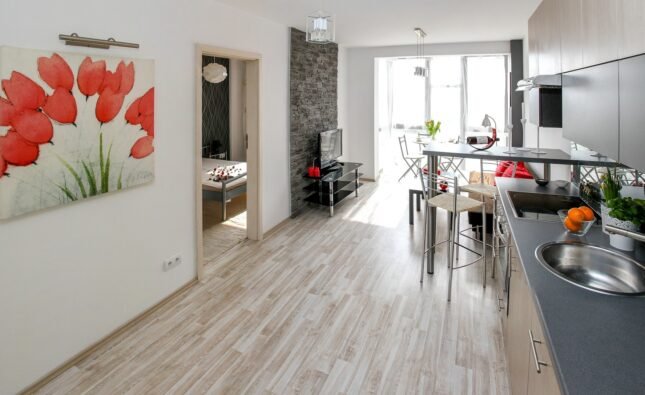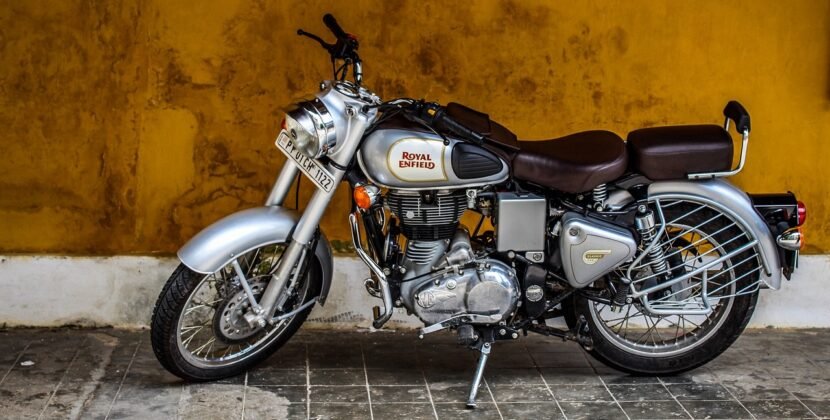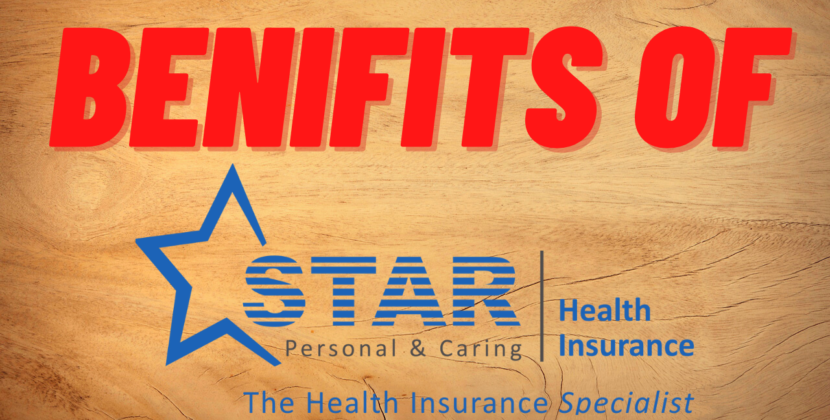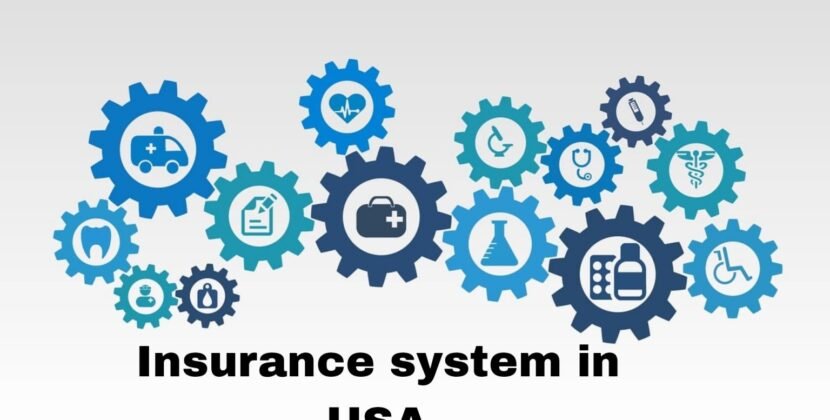Brisbane, the capital of Queensland, attracts a growing number of international students with its subtropical climate, friendly city atmosphere, and world-class educational institutions. This guide aims to provide you with practical advice and unique insights to help you find a suitable residence in Brisbane and start a wonderful study-abroad life. We will delve into all aspects of Brisbane to ensure your transition is smooth and enjoyable.
Brisbane’s Rental Market
The rental market in Brisbane may be less competitive compared to that in Sydney and Melbourne, but it remains active and diverse. Understanding its characteristics is the key to a successful rental.
Main Accommodation Types
University Accommodation/Halls
Major universities like the University of Queensland (UQ) and Queensland University of Technology (QUT) typically offer on-campus or university-managed accommodation. The advantages include convenience, security, ease of socializing, and utilities like water, electricity, and internet are usually included. The main disadvantages are limited availability, potentially higher costs, and less freedom.
PBSA (Purpose-Built Student Accommodation)
Apartments specifically designed and built for students, offering modern facilities and professional management. Private student apartments in Brisbane are usually located near universities or in areas with good transport links, offering a range of room types, including en-suite rooms with shared kitchens and studio apartments. Advantages include new facilities, regulated management, high security, and typically all bills included. Disadvantages include relatively high prices and popular buildings requiring early booking.
Private Renting – Shared Houses/Flats
Renting a house or apartment with other students or friends. This is one of the most common accommodation options in Brisbane and also the most cost-effective. Advantages of renting private housing include diverse choices, high degree of freedom, and a lower average rental cost. Disadvantages include handling bills and contracts yourself and potential challenges getting along with housemates.
Rental Platform Choices
Choosing the right platform is crucial for finding your ideal residence in Brisbane. Here are some main platforms:
uhomes.com: A Professional Student Accommodation Platform
uhomes.com excels in this area. As a global student accommodation booking platform, it integrates listings from PBSA providers worldwide, including many options in Brisbane. They offer a seamless booking experience, professional support (often in multiple languages), and simplify the application process. uhomes.com has several offices major student cities. Therefore, this platform is particularly beneficial for international students seeking comprehensive information on student housing in Australia and assistance with renting.
Booking Directly via Provider Websites
Many large PBSA providers, such as Scape and UniLodge, have official websites where you can browse and book. Booking early is key.
For international students arriving in Brisbane for the first time, if the budget allows, university accommodation or PBSA are preferred, as they offer a more convenient and secure transition. Professional platforms like uhomes.com can offer one-stop services, saving you a lot of hassle. If you prefer more freedom or have a limited budget, private renting is a great option.
Brisbane Area Selection and Lifestyle
Brisbane is composed of many unique areas, each with its own charm, cost of living, and convenience. Choosing where to live will profoundly affect your daily commute, lifestyle, and overall study abroad experience. I will introduce some key student areas from the perspectives of lifestyle, facilities, and transport convenience:
St Lucia
Saint Lucia is the location of the main campus of the University of Queensland (UQ), a genuine university town, and the best area for students to find off-campus UQ accommodation.
- Lifestyle: Typical university town life, quiet, strong academic atmosphere, safe community. Suitable for students focused on their studies.
- Facilities: Primarily centred around UQ facilities, including libraries, sports centres, cafes, and shops. Surrounded by parks and green spaces.
- Transport: Buses and CityCat ferries are the main transport modes, going directly to the city centre. Many students choose to walk or cycle to university.
- Cost: Rent is mainly for student apartments and shared houses, relatively reasonable. Living costs are mostly concentrated on-campus consumption.
Suitable for: UQ students who want to live near campus and enjoy convenient university life.
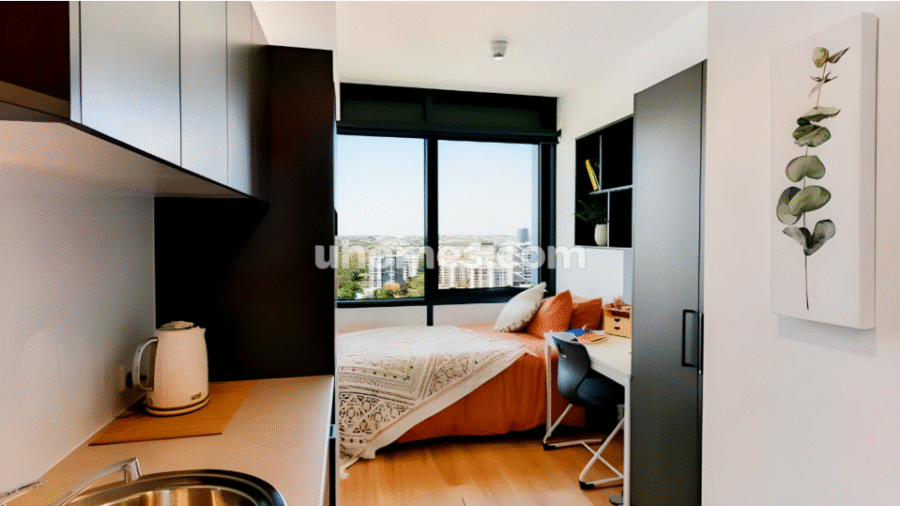
Brisbane City (CBD)
Brisbane’s city centre is the commercial and cultural heart of the city, vibrant and extremely well-connected.
- Lifestyle: Fast-paced, urban vibe, with numerous shopping centres, restaurants, bars, theatres, and cultural attractions. Suitable for students who enjoy a bustling, convenient life.
- Facilities: QUT’s Gardens Point campus is located here. Features iconic spots like Queen Street Mall, South Bank Parklands, and the Brisbane River. There are international brand stores, diverse eateries, cinemas, museums, and galleries.
- Transport: Most places are within walking distance. The public transport network is extremely developed, including trains, buses, CityCat ferries, and the free CityHopper ferry, making it easy to get anywhere in Brisbane.
- Cost: Rents are among the highest in Brisbane, but the convenience is unparalleled. Dining and entertainment options range from budget to high-end.
- Suitable for: Students with sufficient budget who want ultimate urban convenience and nightlife, and those studying at city-centre universities.
South Bank / West End / Highgate Hill
These areas are located on the south bank of the Brisbane River, opposite the CBD, connected by bridges and ferries. They are popular choices for UQ and QUT students.
- Lifestyle: South Bank is a cultural and arts hub with parks, a beach, museums, and galleries. West End has a bohemian, multicultural vibe with many independent shops, cafes, and bars. Highgate Hill is relatively quiet and green.
- Facilities: South Bank Parklands, Queensland Cultural Centre (including Queensland Museum, Art Gallery, Performing Arts Centre). West End has various shops and farmers’ markets. Close to universities, convenient for classes and using university facilities.
- Transport: Well-developed bus and CityCat ferry networks provide quick access to the CBD and major universities. UQ students can take the CityCat or bus.
- Cost: Rent and living costs are lower than the CBD but still mid-to-high range. Diverse dining options from cheap eats to luxury restaurants.
- Suitable for: Students who like a cultural/arts atmosphere, pursue an individualized lifestyle, and want to be close to university.
Kelvin Grove / Herston
These areas are near QUT’s Kelvin Grove campus and are popular choices for QUT students.
- Lifestyle: Vibrant student life, well-equipped community facilities, home to QUT’s Creative Industries Precinct.
- Facilities: Close to QUT campus, with student village, shops, cafes, and restaurants. Herston has large hospitals and medical research institutions.
- Transport: Well-developed bus network with direct services to the CBD and other QUT campuses. Many students walk to university.
- Cost: Moderate rent and living costs, lower than the CBD.
- Suitable for: Students studying at QUT’s Kelvin Grove campus.
Brisbane Rental Process and Key Considerations
Following a clear process when renting in Brisbane can make things much easier. Here are the detailed steps and important points:
Budget and Needs Assessment
Before starting your search, define your budget and housing needs. Rents in Brisbane are usually quoted per week (pw). I suggest students budget at least AUD $200-$400 per week for rent, depending on the area and accommodation type. Besides rent, consider utilities (if not included), living expenses, and set aside an emergency fund. The Australian government requires international students to demonstrate funds of at least AUD $29,710 per year (excluding tuition) for living costs.
Property Viewing
Whether virtual or in-person, inspect properties carefully. If possible, an in-person inspection is highly recommended.

- Virtual Viewing: Many agents and platforms like uhomes.com offer high-quality virtual tours.
- In-Person Viewing: Bring a checklist:
- Property Condition: Check for dampness, mold, cracks; if appliances (oven, fridge, washer) work; water pressure; heating/cooling.
- Security: Ensure door/window locks work, smoke alarms function.
- Internet Signal: Test mobile reception, ask about providers and speed.
- Surroundings: Check if the neighborhood feels safe, availability of amenities (supermarkets, pharmacies, transport).
- Noise: Is the property near busy roads or construction sites?
Booking Process
Once you find a property you like, the next step is applying. The rental market can be competitive, so submit your application promptly after viewing.
- Application Documents: Typically required:
- ID: Passport and visa copies.
- Proof of Enrollment: University offer letter or Confirmation of Enrollment (CoE).
- Proof of Funds: Bank statements showing sufficient funds to cover rent for the lease term. This is crucial for international students.
- Holding Deposit: In Australia, a ‘holding deposit’ isn’t standard. Once your application is accepted, you’ll pay the Bond and advance rent.
- Referencing: The landlord/agent will verify your identity and ability to pay. As international students often lack an Australian credit history, proof of funds, and the ability to pay the bond (usually 2-4 weeks’ rent) and advance rent (often 2 weeks), this is particularly important.
Lease Agreement: Your Legal Basis
This is the legally binding contract between you and the landlord. Read every clause carefully. Do not sign anything you don’t understand. In Australia, it’s commonly called a “Residential Tenancy Agreement.” Key focus areas:
- Lease Term: Most are 6 or 12 months. Check for break clause details.
- Rent Amount & Payment Method: Clearly stated.
- Bond Amount: How much? Where will it be lodged?
- Repair Responsibilities: What are yours vs. the landlord’s?
- Notice Period for Ending Tenancy: How much notice is required?
- Subletting: Is it allowed? (Usually requires landlord consent).
- Condition Report: Ensure the agreement references a detailed condition report.
Seek advice from your university’s accommodation office or tenant advisory service (e.g., Tenants Queensland) if unsure.
Brisbane Lifestyle Pace, Facilities, Transport, and Costs
Securing accommodation is just the first step. Understanding Brisbane’s lifestyle pace, facilities, transport, and costs will help you settle in faster.
Daily Life & Facilities
Brisbane’s amenities are very comprehensive. You’ll find supermarkets ranging from budget (Aldi) to mid-range (Coles, Woolworths) to high-end (Harris Farm Markets). Local markets are great for fresh produce and unique goods. Pharmacies (Chemist Warehouse, Priceline) are everywhere. Upon arrival, you need to register with a local General Practitioner (GP). Libraries are excellent resources offering free Wi-Fi and study spaces. Most areas have gyms, pools, and other amenities.
Brisbane residents generally value health and outdoor activities. Many shops have long hours, especially in the CBD and large shopping centres. Online grocery and food delivery services are widespread and efficient. Waste sorting is standard; learn your local area’s bin collection schedule.
Getting Around
Brisbane’s public transport system (managed by TransLink) is efficient and extensive but not cheap. Your best bet is to get a Go Card, the electronic ticketing system for Brisbane’s public transport (trains, buses, CityCat ferries). Students are eligible for concession fares.
- Trains: Connect the CBD, suburbs, and the airport; main mode for longer commutes.
- Buses: Extensive network, crucial for short trips and connecting train lines. Brisbane has a unique “Busway” system for rapid bus transport.
- CityCat Ferries: A signature transport mode connecting key areas along the Brisbane River, also a scenic ride.
- Walking & Cycling: For short distances, walking is often the quickest and most pleasant option. Brisbane also has growing bike paths.
Cost of Living & Spending Habits
Brisbane’s cost of living is relatively lower than Sydney and Melbourne but still requires careful budgeting.
- Food: Weekly groceries around AUD $70-$130, depending on diet and shopping location. Frequent eating out increases costs quickly. Use supermarket specials and loyalty programs to save.
- Bills: If not included, utilities (electricity, gas, water) and internet can cost AUD $90-$180+ per person per month, depending on usage and property size.
- Transport: Even with concession fares, weekly/monthly transport costs are significant. Consider living within walking distance or a short transit ride from university to save.
- Social & Entertainment: This is the most flexible cost. A coffee is AUD $4-$6, a movie ticket AUD $18+. Look for student discounts, free events, and outdoor recreation.
- Mobile Phone: Various providers offer competitive student plans, around AUD $25-$45 per month.
Essential Tips for International Students
Beyond the practical info above, here are some advisor-level tips to make your Brisbane rental journey as smooth as possible:
- Start Early, It’s Crucial: While Brisbane’s market is less competitive than Sydney’s, good properties are still in demand. University accommodation or PBSA often open applications 6-12 months in advance – apply early. For private rentals, start looking 1-2 months before your intended move-in date.
- Beware of Scams: Rental scams exist. Never transfer money before viewing the property yourself (or having a trusted friend view it) and verifying the landlord/agent’s identity. Be wary of deals that seem too good to be true or requests for payment via unusual methods (like Western Union). Always use reputable platforms and agents.
- Get Contents Insurance: The landlord’s insurance does not cover your personal belongings. For a small annual fee, contents insurance protects your valuables against theft, fire, or water damage.
- Build a Good Relationship with Landlord/Agent: Clear and respectful communication is key. Report maintenance issues promptly, keep the property clean. A good relationship makes for a more pleasant tenancy.
- Keep Records of Everything: Keep copies of all documents: lease agreement, condition report, all correspondence with landlord/agent, and receipts for rent and bond payments. This is vital if any disputes arise.
Conclusion
Finding your ideal home in Brisbane is a significant step in your international student journey. By understanding the market, familiarizing yourself with the options, and approaching the process diligently and vigilantly, you can secure a comfortable and safe base from which to launch your academic and personal adventures. Brisbane is a city that rewards those who embrace its challenges and opportunities. With this guide, you are better equipped to navigate its rental market and truly make this charming city your home away from home.







